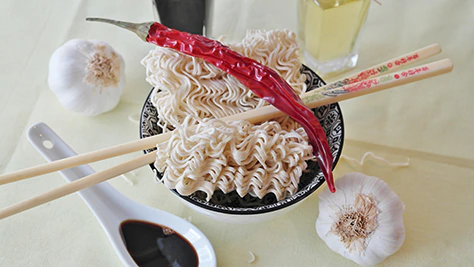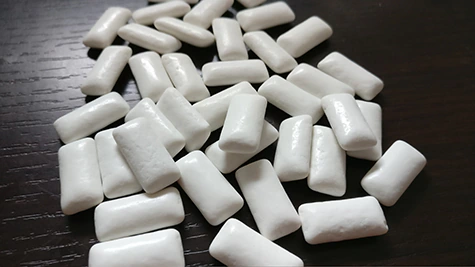| Essence |
Butylated Hydroxyanisole or E320, also known as the BHA, is a fat-soluble synthetic antioxidant that helps improve the shelf life of various food and cosmetics products and presents itself as a white or yellowish waxy solid. |
| Names |
BHA, n-Butylated Hydroxyanisole, Butylhydroxyanisole, Tert-butyl-4-methoxyphenol, Antioxidant 29, 3-tert-butyl-4-hydroxyanisole, 2(3)-tert-Butyl-4-hydroxyanisole, Antioxidant BHA, E320, Butylated Hydroxyanisole, and others. |
| Sourcing |
Typically, it starts with P-Cresol (4-methylphenol) which is something that is either acquired through chemical synthesis or extracted from coal tar or wood tar. The BHA can only be made through chemical synthesis. |
| Manufacturing |
The sourcing ingredient is mixed with isobutylene (2-methylpropene) in the presence of a catalyst (like sulfuric acid). This creates 3-tert-butyl-4-hydroxyanisole. This substance is then purified (for example, by crystallization, distillation, or adsorption) and isolated (for example, by filtration, washing, and drying). |
| Application |
Antioxidant (synthetic, water-insoluble), preservative, and fragrance (provides or improves a smell). |
| Acceptable Daily Intake |
Up to 0.5 milligrams per kilogram of body weight is claimed to be completely safe. |
| Side Effects |
It may damage the immune system (immunotoxic effect on the immune system). This can among other things improve susceptibility to autoimmune diseases and infections. This additive can also cause liver damage, bring about developmental and reproductive toxicity, disrupt hormone balance, and possibly even induce cancer. Additionally, it can cause elevated cholesterol levels, insomnia, hyperactivity, urticaria, and asthma. Allergic reactions are also a possibility. In combination with vitamin C, it can induce free radicals and damage DNA. |
| Benefits |
As an antioxidant, it may have some positive effects. But that is likely insanely insignificant, and the health risks beyond easily outweigh any potential gains. |
| Studies |
1,970+ studies on Pubmed. 60+ studies on safety. |
| Allergens |
May not be Soy-Free and Corn-Free. P-Cresol can be derived from Soy or Corn. |
| Diet Restrictions |
May not qualify as Halal or Kosher. |
| Health Knight Assessment |
Seriously Harmful. | Category 5 Additive. |
| Products |
Butylated Hydroxyanisole (E320) can be found in processed foods like sausages, salami, turkey pepperoni, instant noodles, quick soups, chewing gum, gnocchi, biscuits, corn flakes, premade meat-containing meals, cereal bars, pizzas, cookies, soft drinks, desserts, cakes, wraps, patties, sandwiches, muesli, instant mashed potatoes, legumes, chips, crisps, meat-based snacks, mayonnaise, bouillons, juices, salty snacks, cheesecakes, oat-based foods, puddings, pastries, sauces, croutons, breakfast cereals, and more. |



